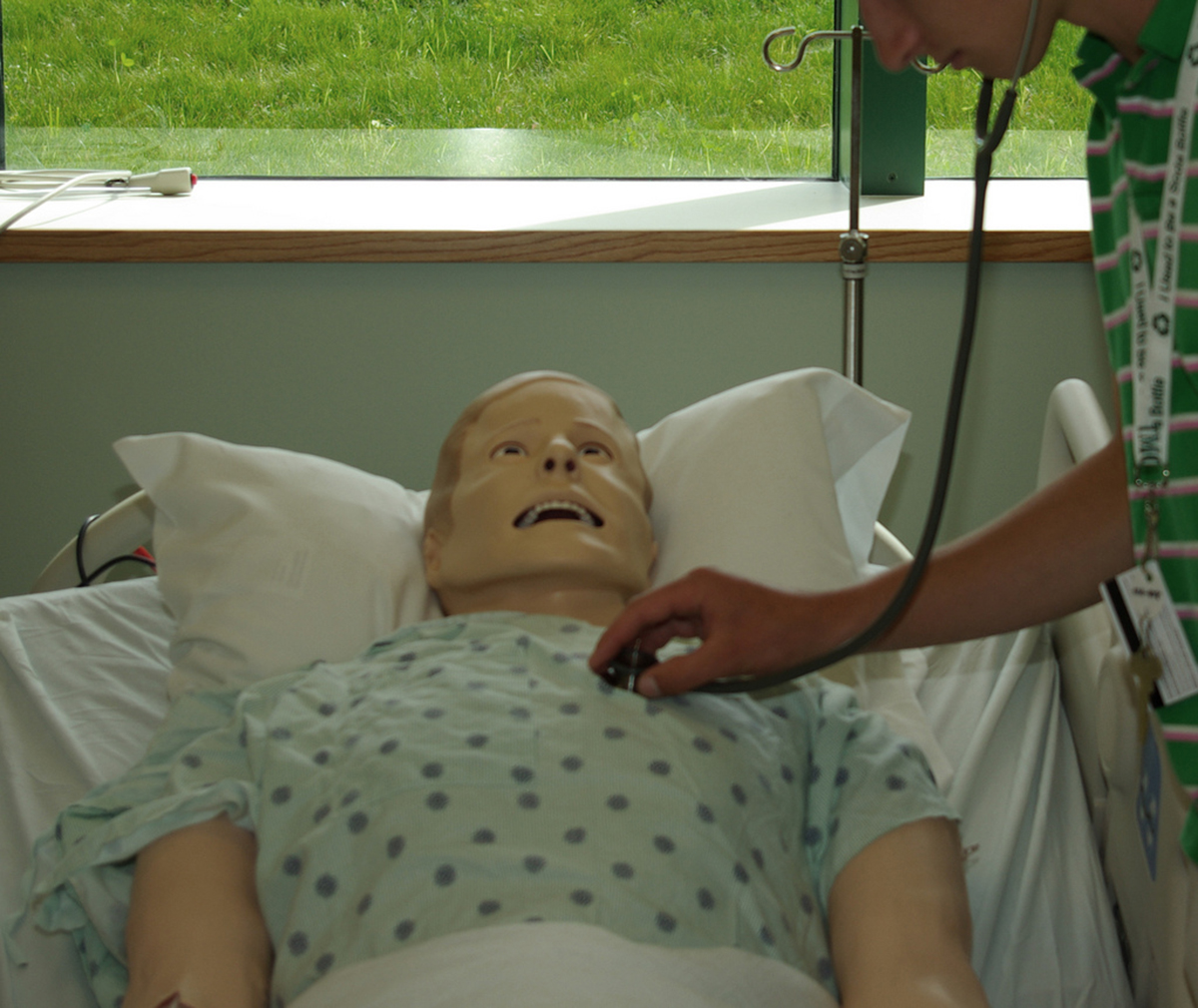Table of Contents
Many alternative healers have built their practices around "bypassing bypass," opening coronary blockages without surgical intervention. Some of these methods work, and some do not. ECP is a doctor-approved method that opens arteries naturally.
The prime candidate for external counterpulsation is someone who has "irregular" chest pain, who doesn't respond very well to nitroglycerin or nitrates like Imdur (sometimes the effects of these medications wear off if they are taken too long, for a year or more), who has known coronary artery disease, and who cannot have a bypass operation. The procedure is also used to treat congestive heart failure.
ECP and coronary bypass graft surgery are not "either or." It's possible to benefit from both. Some people are put on ECP after they have bypass surgery. However, a majority of patients benefit from the procedure by:
- Relief from chest pain, shortness of breath, and fatigue.
- Lowered risk of another, potentially fatal heart attack.
- Reduction of frequency and severity of angina.
- Ability to reduce or eliminate medication, and with those reductions, to eliminate side effects.

There is not a lot that can go wrong with ECP, but there are occasional inconveniences. These may include:
- Pressure marks, redness, or irritation where the cuffs are placed. This usually can be avoided by wearing tight, elastic clothing, like a gym suit or track suit to the session.
- Muscle aches, in the calves, thighs, and buttocks.
- Fatigue. If you have severe heart disease, even lying down for an hour can be tiring. The passive exercise accomplished during the session actually can cause fatigue.
- Headache. For the same reason that many people get headaches after they use their nitroglycerin tablets or take nitrates such as isosorbide mononitrate, Imdur, Monoket, or Ismo, they may also get headaches after ECP. The procedure opens arteries, including in the head, and this can cause brief pain of a kind like that caused by eating ice cream too quickly, although not as severe.
Usually the side effects of ECP are tolerable. They are certainly a great deal less than the side effects of bypass surgery. There is no anesthesia (and no risk of long-term brain changes from general anesthesia), no need for blood transfusions, and no healing of nasty scars. There is also no need to adhere to a careful schedule of anticoagulant medications as there is after stent placement.
Not everyone can have ECP. It can't be used during pregnancy. It is contraidicated when there is uncontrolled tachycardia (fast pulse) and it is not for people who have pacemakers. People who have heart valve disease cannot have it, and neither can people who have "thin blood," who have blood clotting problems, since the procedure could cause both internal and external bruising. Uncontrolled arrhythmia (heart rhythm problems) and high blood pressure are also disqualifying.
However, for people who have blocked arteries, and who can't or just won't have bypass surgery, ECP can be a wonderful oppotunity for recovery: No drugs, no chelation, no heart bypass surgery, althout with results in a few months, instead of a few days, for this procedure usually covered by American health insurance.
- Robert Rister, personal correspondence, 12 June 2015.
- Cedars-Sinai. External Counterpulsation. http://cedars-sinai.edu/Patients/Programs-and-Services/Womens-Heart-Center/Services/External-Counter-Pulsation.aspx. Accessed 12 June 2015.
- Photo courtesy of Donald Lee Pardue via Flickr: www.flickr.com/photos/oldrebel/8161729648
- Photo courtesy of Ano Lobb. @healthyrx via Flickr: www.flickr.com/photos/27384147@N02/4626755785


Your thoughts on this